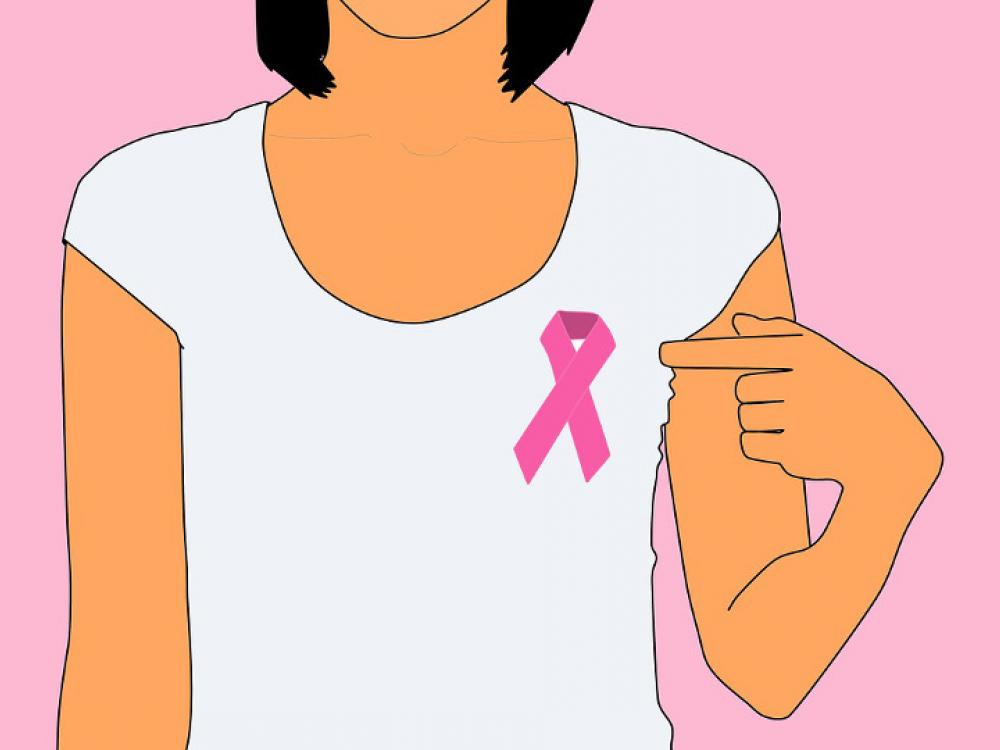
Late stage neoplastic breast lesions abound in Ghana, especially, late-stage early-age breast cancer. Therefore low survival rates after treatment of breast cancer is prevalent. The median age of diagnosis for breast cancer is thirty-nine (39) years hence screening mammography (“the gold standard”) is not suitable and also not readily available in Ghana. Findings of breast screening that raises suspicion of breast cancer require further investigations with the aim of detecting early stage of the disease. Preliminary investigations using transillumination offer a new mode of early detection for neoplastic breast lesions. This process however is not limited by age and high cost. So far, 9962 women have been manually screened for breast lesions during our breast cancer awareness and mobile breast screening clinics with the view to enhance early detection. Screening was offered by transillumination with the Breastlight/Breast-I, a torch-like device that detects angiogenesis.
This device, which operates on absorption of light by haemoglobin in blood at a specific wavelength, was used to visually assess angiogenesis around breast tumours and lesions. By allowing visual assessment of tumour-related angiogenesis, all suspicious and potentially malignant lesions were referred for followed up, while non-suspicious lesions are checked gain after six months. This research is currently on-going and we plan to screen 40,000 women in Ghana. This combined clinical and optical methodology for breast cancer screening, it is to ensure that detection rate of breast lesions is more feasible, comes at a cheaper cost, power independent, applicable for use in younger women, and could be the practical solution for developing countries.
